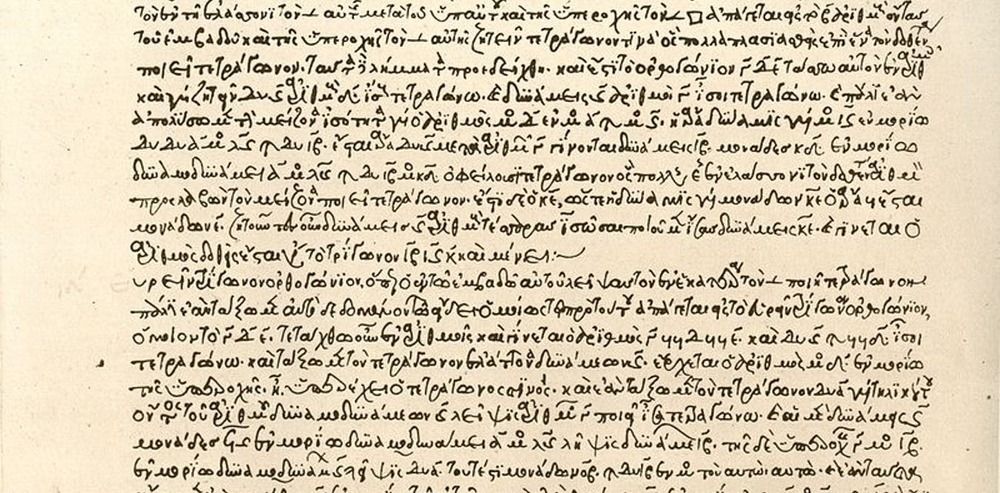Andrew Wiles’ proof of Fermat’s Last Theorem is a famous example. Pierre de Fermat claimed in 1637 – in the margin of a copy of “Arithmetica,” no less – to have solved the Diophantine equation xⁿ + yⁿ = zⁿ, but offered no justification. When Wiles proved it over 300 years later, mathematicians immediately took notice. If Wiles had developed a new idea that could solve Fermat, then what else could that idea do? Number theorists raced to understand Wiles’ methods, generalizing them and finding new consequences.
No single method exists that can solve all Diophantine equations. Instead, mathematicians cultivate various techniques, each suited for certain types of Diophantine problems but not others. So mathematicians classify these problems by their features or complexity, much like biologists might classify species by taxonomy.
